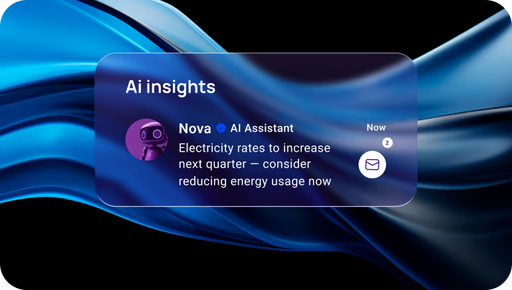August 18, 2025 • Security
Is Your Money Really Safe Online? The Truth About Banking Security
By Lena Ortiz

Banks and fintechs invest heavily in security, but user behavior and account configuration are still the front line. Learn exactly what protections exist and what you must do to stay safe.
Overview — Layers of protection and user responsibility
Modern platforms combine encryption, tokenization, and behavioral analytics to prevent fraud. Still, the human factor—password hygiene, device security, and vigilance—remains critical.
Encryption and secure channels
Transport-level encryption (TLS) ensures data in transit is unreadable. Tokenization hides raw card data from merchants and reduces exposure.
Authentication and identity verification
Multi-factor authentication (MFA) and risk-based authentication help detect stolen credentials before account compromise occurs.
- Use MFA apps over SMS when possible.
- Enable device and IP risk checks for sensitive actions.
Fraud detection & monitoring
Real-time models score transactions, flagging suspicious patterns for immediate review. For businesses, role-based access and approval flows reduce insider risk.
Recovery and incident response
Rapid freeze/rollback mechanisms and clear dispute processes are essential—know your bank’s SLA for incidents and keep evidence for claims.
How this works — what users should do today
Enable MFA, use a password manager with unique passwords, check permissions for third-party apps, and review activity logs weekly.
Final Thoughts
Money can be very safe online when platform protections and user practices align. Do both: rely on strong platforms and maintain disciplined account hygiene.
More Blogs
August 10, 2025
7 Ways AI Can Help Manage Your Financial Expenses
August 11, 2025
A Glimpse Into the Daily Lives of Freelancers Who Use Kaisel
August 16, 2025
The Secret Fintech Hacks Millionaires Use (That You Can Too)
August 20, 2025
Can AI Really Manage and Predict Your Finances Better Than You?
August 22, 2025
Why 2025 Is the Year of Fintech and How to Ride the Wave




